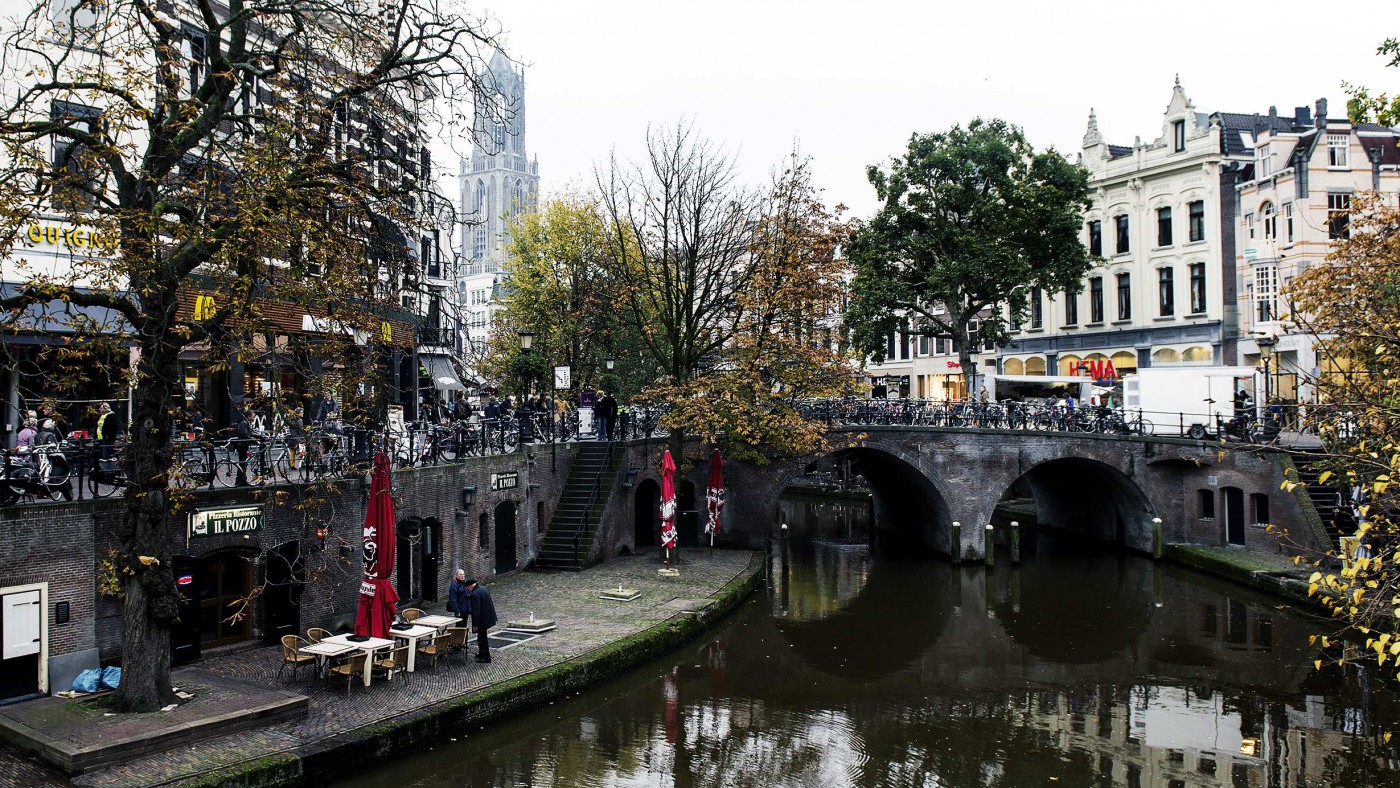Utrecht plans to experiment rolling out an unconditional basic income to a few of their welfare claimants by January 2016. Recipients will receive a basic income, set to be €900 for an adult per month, and €1,300 for a couple or family, with no restrictions on how it must be spent, unlike traditional welfare models. This will be co-organised by the Utrecht council and the University of Utrecht, who will conduct research on those asked to participate in the study. With 46.1% of the Dutch population in part time employment, the test will be to see the outcome on individual behaviour both economically and socially compared with welfare recipients, before debating the possibility of extending the policy to over 300,000 citizens in the region.
Will incentives to work diminish, reducing productivity?
Often this is the first critique of the unconditional basic income. If people have a guaranteed state income, this could reduce the motivation to work, making the policy unsustainable. To answer this critique, Milton Friedman proposed a negative income tax back in 1960, which was even advocated by President Nixon in 1969. The negative income tax is slightly different from the unconditional income; while citizens cannot fall below a certain level of income, as soon as they earn above that level the amount paid by the state in basic income begins to decline. The aim of the negative income tax is to maintain an incentive to earn and produce beyond the basic pay, without the cost of topping up the incomes of those who can afford not to have state support. But Utrecht’s approach is simpler and does not take Friedman’s solution into account.
There are, however, examples for Utrecht of places where the unconditional income has been shown not to lower work incentives. In Uganda, the government gave a group around $380, the equivalent to a year’s worth of wages, without constraints, while denying it to another group. The beneficiaries invested the majority of it on skills and businesses, ending up 65% more likely to practice a skilled trade and working 17 hours more on average when compared with those who did not receive the income. As for long term sustainability, those recipients experienced a 41% increase in their earnings four years later, demonstrating the financial returns on cash investment in individuals.
What will be the social impacts of such a policy?
Dauphin, a town in Canada, ran the ‘Mincome Programme’ from 1974 – 79 to establish whether or not guaranteeing an income to citizens would hinder productivity. Surprisingly, economist Evelyn Forget’s analysis, published in 2011, discovered a notable work rate decline was found in only two groups: new mothers were found to be spending more time with their children, and teenagers devoted more time to studies and further education. Aside from this, the research also revealed poverty was wholly eliminated, graduation rates increased, and public health improved, signally the social benefits of guaranteeing individuals the material means to live freely.
The challenge to this research is that the individuals involved knew the basic income was a temporary policy. Therefore, the amount of hours worked in Dauphin only fell slightly rather than significantly. If the beneficiaries had quit their jobs or worked far fewer hours, when the basic income stopped in 1979 they would be unemployed or have lower living standards.
Regardless of this, the evidence still suggests that quality of life and living standards dramatically improved after only minor reductions in amount of hours worked.
Are there behavioral differences between claimants of Basic Income and traditional welfare?
Will the individuals involved spend their income volunteering, working to earn more or simply lazing around? The Utrecht experiment involves 50 individuals on welfare in comparison with 250 other welfare recipients, who will have differing guidelines on how they should behave and spend their state money. Talking to Quartz, a project manager for Utrecht’s council explained the experiment aims to question the idea that those receiving public money need regulating and disciplining.
The Netherlands, like Britain, penalises individuals on welfare who are deemed capable of seeking work yet choose not to do so, despite data signaling only 1.5% are found to abuse welfare. Clearly there are some who need welfare assistance in the form of care if they are disabled for example, thus leaving some role for the welfare state and not completely dismantling it. Nonetheless, if the Utrecht experiment finds the unconditional income does not decrease work incentives and create harmful social outcomes, the desire for a comparatively bureaucratic paternalistic welfare state will weaken both financially and socially.
How do the results compare with other Basic Income examples?
Utrecht is not the only Dutch city considering this initiative. Tilburg, Groningen, Maastricht, Gouda, Enschede, Nijmegen and Wageningen also are pondering the experiment while Switzerland is set to have a referendum on the issue in 2016. With a high density of the Dutch working population on part time contracts, the impact on wages needs also to be investigated. Employees could have greater bargaining power if they have an income to fall back on, while putting less pressure on raising the statutory minimum wage in the Netherlands, which could potentially raise unemployment.
Looking comparatively at other examples and future studies, the possibility for a full implementation of this policy in local areas could occur to mediate the Netherland’s proliferation of part-time employment. When used taking local living costs into account, Utrecht could be a further example that the basic income is less bureaucratic, more cost effective and less restrictive than the welfare state.


